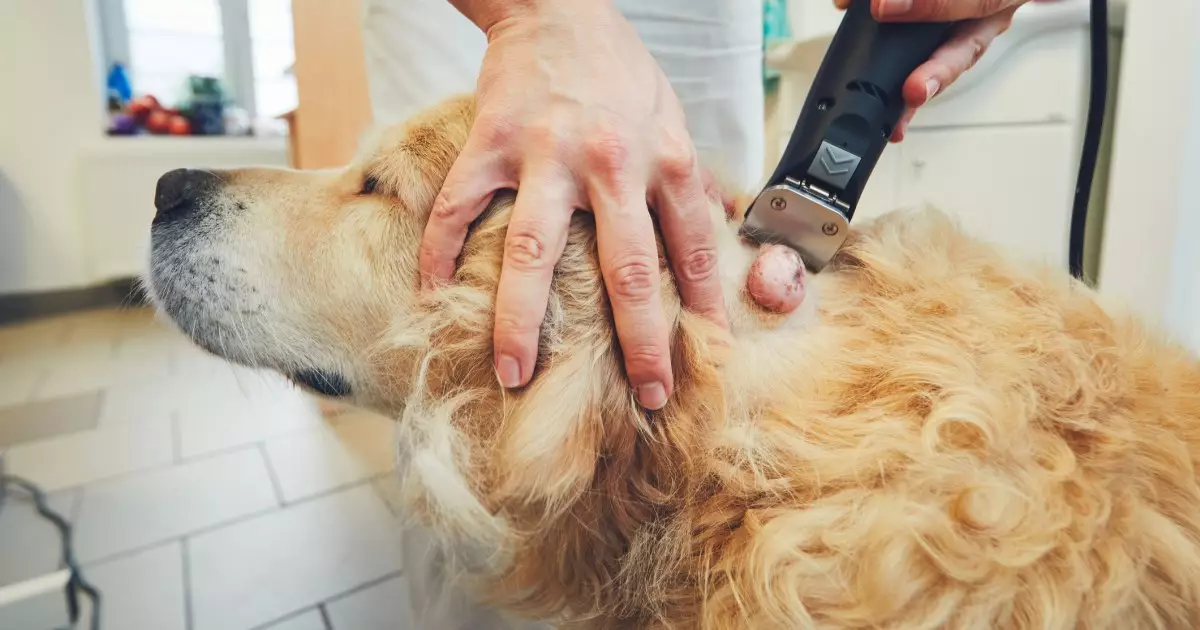Dog ownership is a journey filled with joy, companionship, and love. However, it can also take a frightening turn when faced with the news that your beloved pet has cancer. With statistics indicating that one in three dogs will be diagnosed with cancer, this reality becomes an alarming possibility for many pet owners. This article aims to provide a thorough understanding of canine cancer — its types, symptoms, prevention strategies, and treatment options — to equip dog owners with the knowledge they need.
The sheer prevalence of cancer among dogs is a sobering statistic that cannot be ignored. While cancer can manifest in any breed, certain breeds like Boxers, Great Danes, and Golden Retrievers exhibit a higher vulnerability. It’s essential to note that canine cancer does not discriminate by age; however, its incidence is notably higher in older dogs. This trend aligns with advancements in canine healthcare that allow dogs to live longer, thus increasing the likelihood of age-related health issues.
Before delving into the specifics of canine cancer, it is vital to understand what cancer actually is. At its core, cancer is characterized by the uncontrolled growth of abnormal cells that can invade nearby tissues and spread to other parts of the body. This uncontrolled growth can manifest in various forms, some localized while others are systemic. The multifactorial nature of cancer implies that no single cause has been identified; rather, a combination of genetic and environmental factors often plays a role.
The landscape of canine cancer is diverse, encompassing various types that can significantly affect a dog’s health. Among the most common are:
– Lymphoma: A type of cancer affecting the lymphatic system.
– Osteosarcoma: A bone cancer predominantly found in large breed dogs.
– Hemangiosarcoma: A cancer of the blood vessels, often found in spleens and hearts.
– Mast Cell Tumors: A skin cancer that can also arise internally.
– Melanoma: Skin cancer that can also affect mucous membranes.
Recognizing the specific type of cancer is crucial for determining the appropriate treatment options.
Awareness of the potential signs of cancer in dogs can lead to earlier diagnosis and treatment. Pet owners should be vigilant for any of the following symptoms:
– Persistent lumps or abnormal growths
– Wounds that fail to heal
– Unexplained weight loss
– Loss of appetite or interest in food
– Unusual odors emanating from the body
– Difficulty in mobility or exercise
Immediate veterinary consultation is essential if any of these signs are observed. Catching cancer in its early stages significantly improves the odds of effective treatment.
Once the presence of cancer is suspected or confirmed, a second opinion from a veterinary oncologist is advisable. Treatments may vary but can include surgical options, chemotherapy, radiation, or immunotherapy. The prognosis can differ widely based on the specific type of cancer, its stage, and the general health condition of the dog.
For some pet owners, the decision may also lean towards palliative care, focusing on pain management and quality of life rather than aggressive treatment. Understanding one’s options can provide clarity during what is undoubtedly a stressful time.
While not all cancers can be prevented, pet owners can take proactive measures to minimize risk. Spaying or neutering dogs at a young age can reduce the incidence of reproductive cancers. Additionally, nutritional support through supplements, regular exercise, and maintaining a healthy weight can contribute to overall canine health.
Overall, fostering awareness and understanding of canine cancer is vital for any dog owner. By recognizing symptoms early, seeking timely veterinary care, and implementing preventive measures where possible, you can significantly enhance your dog’s quality of life, even in the face of such a daunting diagnosis.

